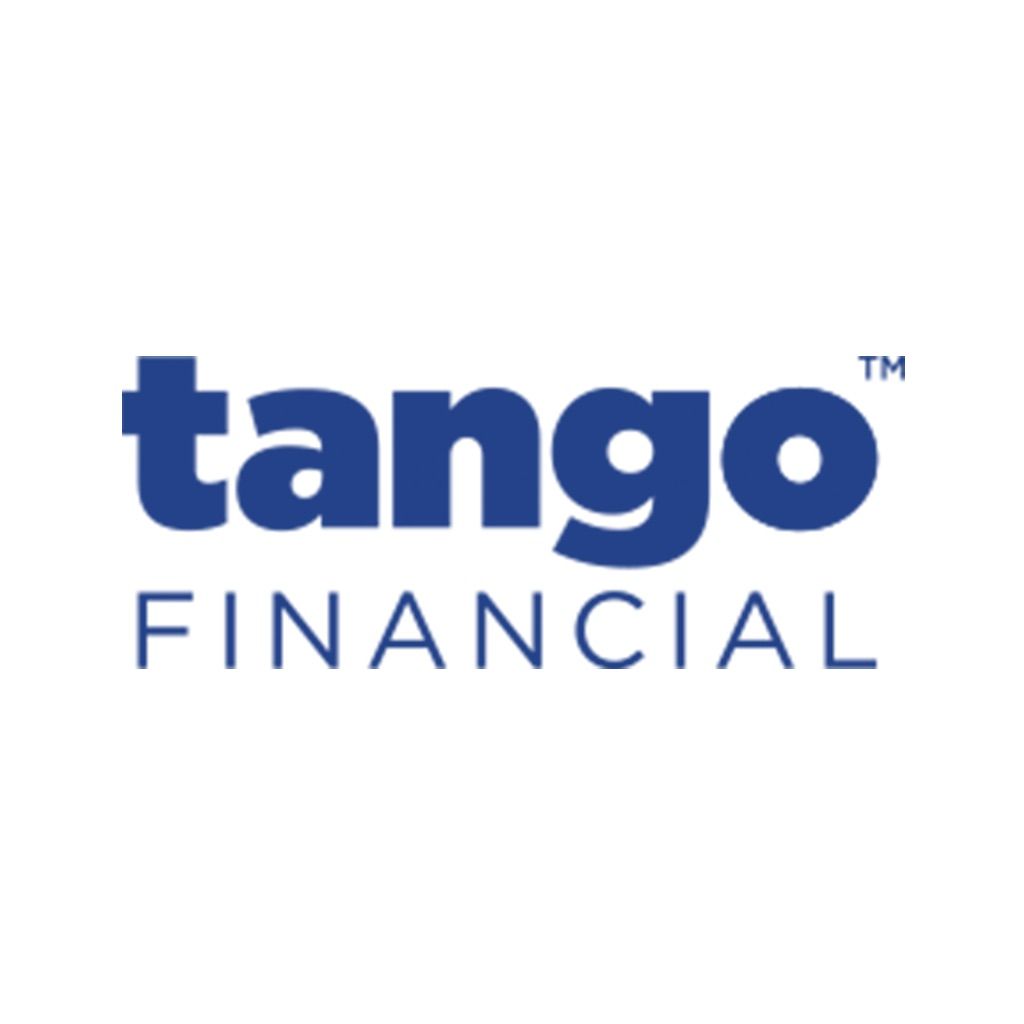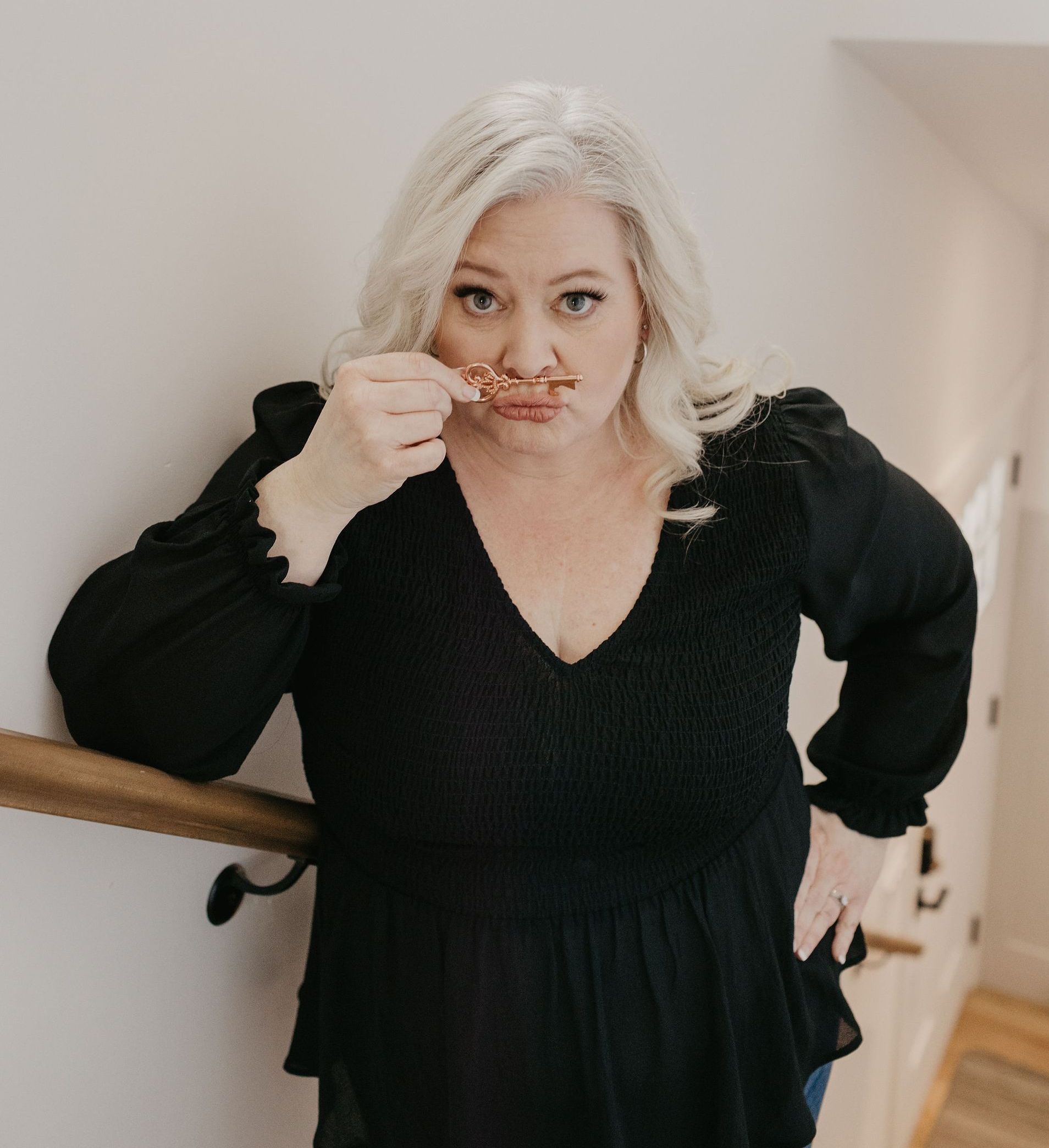How To Get The Best Mortgage
If you’re looking to buy a property or have a mortgage up for renewal, and you’re thinking about connecting with your bank directly, save yourself a lot of money and regret by reading this article first.
Here are four things that your bank won’t tell you, accompanied by four reasons that explain why working with an independent mortgage professional is in your best interest.
Banks have Limited Access to Mortgage Products.
Now, while this one may seem pretty straightforward, if you’re dealing with a single institution, they can only offer mortgages from their product catalogue. This means that you’ll be restricted to their qualifications which are usually very narrow. Working with a single institution significantly limits your options, especially if your financial situation isn’t straightforward.
In contrast, dealing with an independent mortgage professional, you will have access to products from over 200 lenders, including banks, monoline lenders, credit unions, finance companies, alternative lenders, institutional B lenders, Mortgage Investment Corporations, and private funds. Working with an independent mortgage professional will give you considerably more options to secure a better mortgage.
Banks Employ Salespeople, not Mortgage Experts.
Banks don’t employ mortgage experts; they employ salespeople. Banks pay and incentivize salespeople to sell their products. There is a fundamental misalignment of values here. If the bank incentivizes a banker to make a profit for the bank, how can they at the same time advocate for you and your best interest? They can’t.
Banks don’t have your best interest in mind. In fact, the more money they make off of you, the better it is for their bottom line.
However, when you work with an independent mortgage professional, you get the experience of someone who understands the intricacies of mortgage financing and will advocate on your behalf to get you the best mortgage. It’s actually in our best interest to assist you in finding the mortgage with the best terms for you.
Once your mortgage completes, we get paid a standardized finder’s fee by the lender for arranging the financing. So although we get paid by the lender, that lender has had to compete with other lenders to earn your business.
When you work with an independent mortgage professional, everyone wins. You get the best mortgage available, we get paid a standardized finder’s fee, and the lender gets a new borrower.
Banks Rarely Offer You Their Best Terms Upfront.
Banks are in the business of making money, and they’re usually pretty good at it. As such, banks will rarely offer you their best terms at the outset of your negotiation.
This is especially true if you’re looking to refinance your existing mortgage. With over half of Canadians simply accepting the renewal offer they get sent in the mail without question, banks don’t have to put their best rate forward. Instead, they rely on you to be ignorant of the process and will take advantage of your trust in them.
When you work with an independent mortgage professional, we don’t play games with rates and terms. Our goal is always to seek out the lender who has the best mortgage for you from the start of the process, and if there are any negotiations to be had, we handle them for you. There is no reason for us to do otherwise. In fact, the better we do our job, the more likely it is that you’ll be happy with our services and refer your friends and family.
Banks Promote Restrictive Mortgage Products.
As if it’s not bad enough that banks don’t offer their best terms upfront, they actually promote mortgage products that are restrictive in nature. The fine print in your mortgage contract matters; understanding it is challenging. Banks do what they can to make it hard for you to leave.
Now, if you’ve ever heard stories of outrageous penalties being charged, this is what’s called an Interest Rate Differential penalty (IRD). Each lender has its own way of calculating the IRD. Chartered banks are known for their restrictive mortgages and high IRD penalties.
When you work with an independent mortgage professional, we take the time to listen to your goals and assess your mortgage needs based on your life circumstances.
The best mortgage is the one that lowers your overall cost of borrowing. So not only will we walk through the cost of the mortgage financing, but we’ll also clearly outline the costs incurred should you need to break your mortgage before the end of your term. This might be the deciding factor in choosing the right lender and mortgage for you.
Working with an Independent Mortgage Professional is in Your Best Interest.
Banks have limitations to the mortgage products they offer. Working with an independent mortgage professional gives you mortgage options!
Bankers work for the bank; they are incentivized to make money for the bank. An independent mortgage professional advocates on your behalf to get you the best mortgage available.
Banks rarely offer their best terms upfront; they leave negotiations up to you. An independent mortgage professional outlines the best terms from multiple lenders at the start of the process.
Banks promote restrictive mortgage products that make it difficult to leave them. An independent mortgage broker will outline all the costs associated with different mortgage products and recommend the mortgage best suited for your needs.
So if you’d like to talk about the best mortgage product for you, you’ve come to the right place. Please connect anytime. It would be a pleasure to work with you.


Share:


Subscribe
Thank you for contacting me.
I will get back to you as soon as possible.
Please try again later.
Follow
@MORTGAGEBYTORI
| Mortgage By Tori | All Rights Reserved | Privacy and Content Notice

